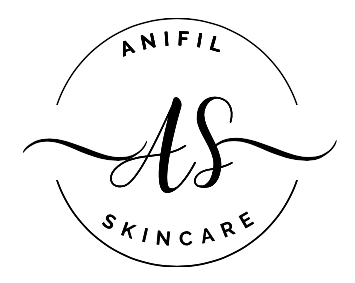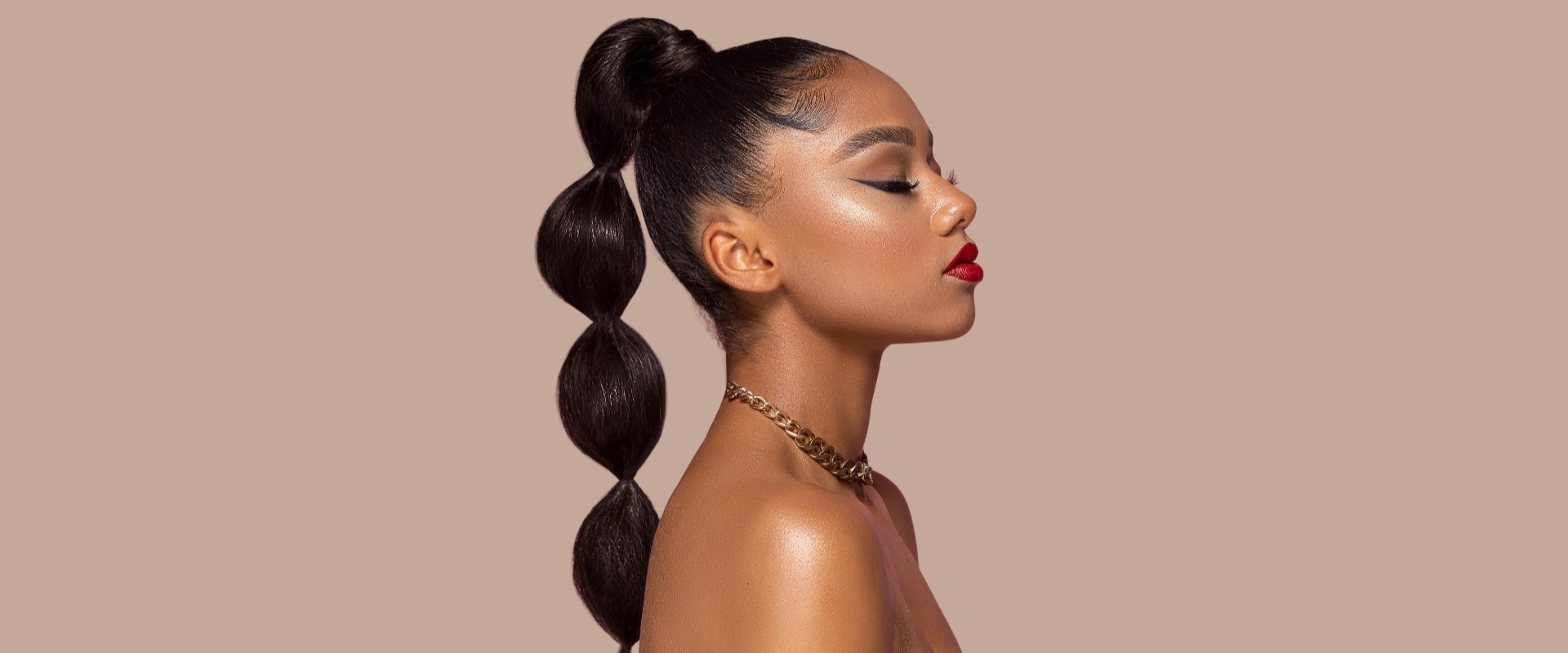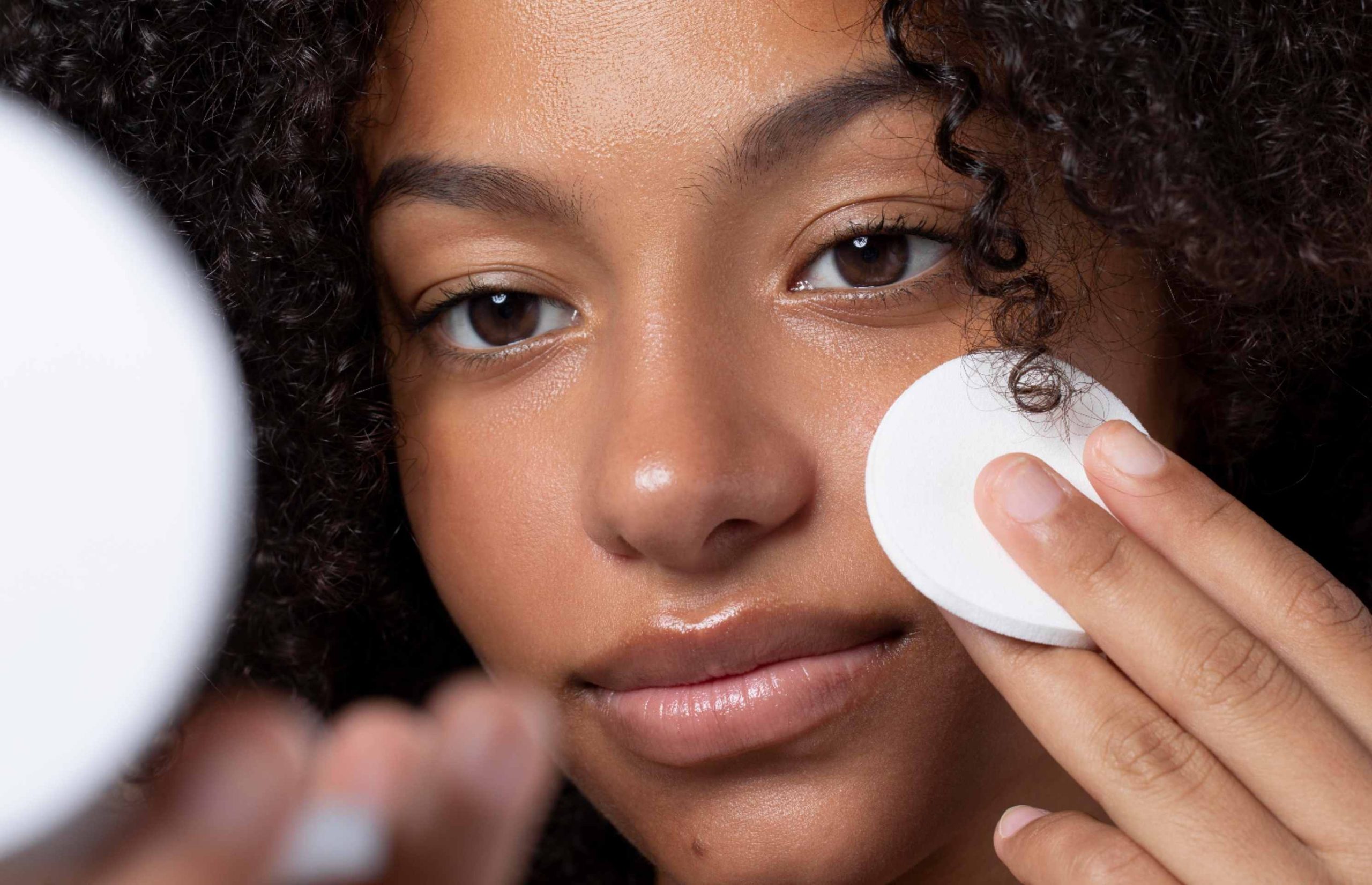The face has demonstrated to be the most common site of skin sensitivity according to Health Frontiers. Most times it breaks out because of unhealthy lifestyle and habits. Breakouts on the face can be caused by a variety of factors, including hormonal changes, genetics, diet, stress, and exposure to certain chemicals and irritants. Hormonal fluctuations, such as those that occur during puberty or menstruation, can cause an increase in oil production in the skin, leading to clogged pores and breakouts. Genetics can also play a role in the likelihood of developing acne.
Certain foods, such as processed snacks and sugary drinks can contribute to breakouts. Stress can also trigger the release of hormones that can cause the skin to produce more oil. Exposure to chemicals and irritants, such as those found in makeup and skincare products, can also cause breakouts. Hence, it is important to note that acne can be caused by a combination of these factors, and not just one. Additionally, everyone’s skin is different and some people may be more prone to breakouts than others.
What to do?
1. Wash your hands before washing your face. This is because the hands pick unseen germs from things they touch, and according to Tri living well, one germ can multiply into more than 8 million germs in one day. Nearly 80 percent of illness-causing germs are spread by your hands.
2. Keep your face moisturized always by using Anifil Brightening and detoxifying face cleanser and Brightening and Moisturizing face cream.
3. Never go to bed with your makeup on. Makeup Residue Clogs Pores and Leads to Breakouts. As you sleep, the cell regeneration process causes hair follicles to lubricate and allows oil to flow to your skin’s surface. Residual makeup traps the oil, causing clogged pores and breakouts. ~ Shorthillsderm
4. Always keep your hair neat by using healthy hair products.
5. Take a lot of water. Staying hydrated is not just beneficial to the face alone, but your whole body and health.
6. Often change your pillow cases.
several ways to clear dark spots from the face:
Topical treatments: These include creams and serums that contain ingredients like Alpha Arbutin, kojic acid, and vitamin C, which can lighten dark spots.
Chemical peels: These treatments use chemicals to remove the top layer of skin, revealing brighter, more even-toned skin.
Microdermabrasion: This procedure involves using a special device to gently exfoliate the skin and remove dark spots.
Laser therapy: This treatment uses a laser to target dark spots and remove them.
Sun protection: It is important to protect your skin from the sun to prevent further dark spots from forming.
It is important to note that some of these treatments may not be suitable for all skin types, so it’s best to consult with a dermatologist before trying any of them. Additionally, it is important to be consistent with your skincare routine, as well as to be patient, as it may take time to see improvement in dark spots. It is also important to address the underlying cause of dark spots in order to prevent them from recurring, this includes protecting your skin from sun exposure and avoiding picking at your skin as mentioned earlier.
Join us next week for more healthy skin tips here









2 thoughts on “How to avoid breakouts on your face”